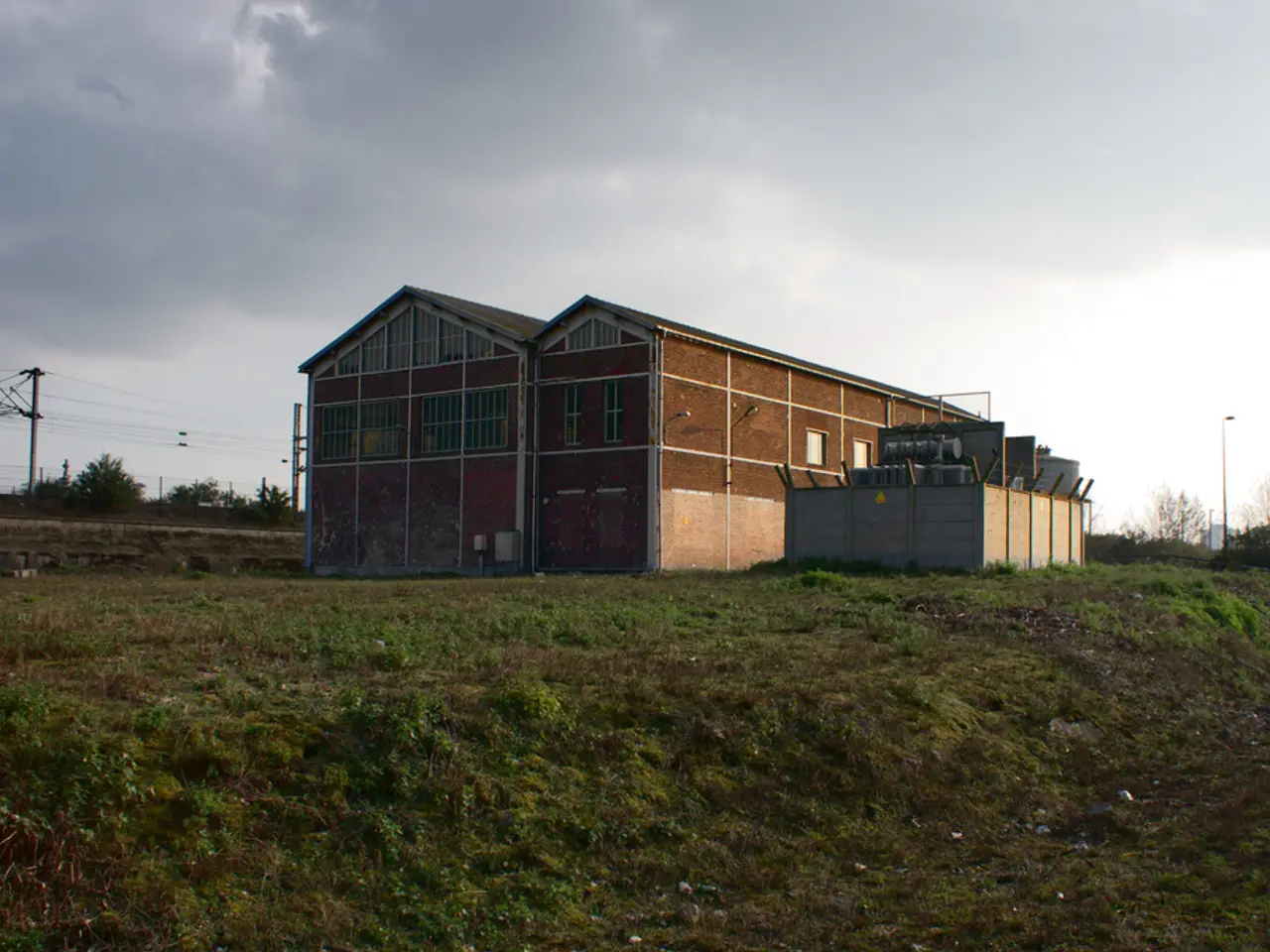Utility companies in New York are subtly adjusting their revenue structures.
In recent years, the electric utility industry has faced a growing list of policy goals, as reliability is no longer the only consideration. Grid resilience in response to increasing extreme weather events, broader adoption of renewable energy and distributed energy resources, and energy equity and access are all essential policy goals in the face of the climate crisis.
However, traditional regulatory regimes have not provided financial incentives for utilities to take these factors into account. This is where the New York Public Service Commission (PSC) steps in, aiming to reform utility business models and realign incentives.
The PSC has approved a measure that will decrease shareholder return for utilities if they do not meet baseline performance metrics regarding the accuracy and timeliness of customers' energy bills. This measure, known as a negative revenue adjustment (NRA), acts as a fine based on the utilities' performance on community solar billing and crediting practices.
The specific problem this NRA is seeking to deal with revolves around community solar billing and crediting practices, which can be esoteric and complicated. The PSC's July commission order states that utilities have been deficient in their responsibility to apply bill credits, which has undermined the community solar program.
The approved measure is a significant win for utility accountability and aligning utility incentives with broader clean energy goals. It requires utilities to begin tracking some additional billing and crediting metrics and offers a $10 monthly credit to customers if and when the utility doesn't apply credits.
New York's community solar program has delivered real monthly bill savings of 10-20% to nearly a quarter million customers. Moreover, 35% of the benefits from the community solar program are being delivered to disadvantaged communities in the form of higher bill savings.
The NRA that was adopted has a combined financial exposure of about $15 million per year across all New York utilities. The PSC's decision marks the first time that a negative revenue adjustment is being utilized to incentivize better utility performance on a clean energy goal, specifically community solar.
The PSC's aggressive move towards a more responsive utility system is only the first step in aligning utility incentives with desired public policy outcomes. The utility business models must be reformed and incentives realigned if we are to continue progress on climate goals. Public utility commissions, such as the New York PSC, play a crucial role in determining what is a prudent investment based on the public interest and approving or denying the utility's requests to spend, with the goal of keeping customer costs low while ensuring the reliability of the electric grid.
Performance Based Ratemaking (PBR) is a measure that aims to redefine utility objectives by aligning their financial incentive with state policy goals. The NRA can be seen as an extension of this approach, using the 'stick' of the NRA to disincentivize utilities from being derelict in their responsibility.
In conclusion, the New York PSC's approval of the NRA is a huge win for the advancement of a more aggressive approach toward electricity regulation that creates real, enforceable mechanisms to incentivize corporate accountability. It's a step towards a more sustainable and equitable energy future.
Read also:
- Turbine operators in Thuringia now face the task of dismantling underpinnings.
- Finalist Interview for 2025 Sustainability Awards: DS Smith's fiber-based packaging for PET bottles
- Lucrative Business Opportunities in Nigeria: Discover Profitable Enterprises Immediately
- Stock Markets in Asia predominantly decline in anticipation of the upcoming Trump-Putin Summit








